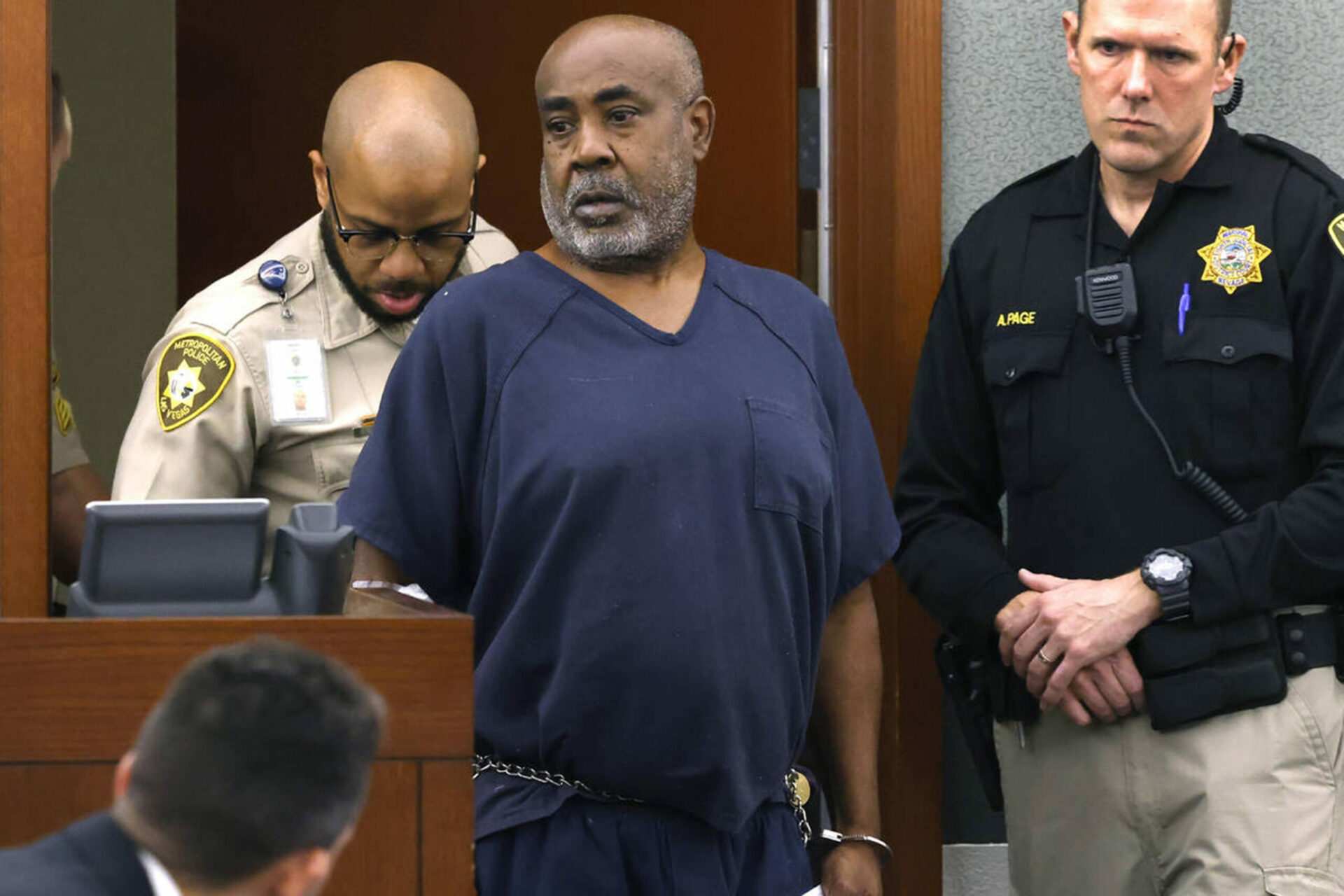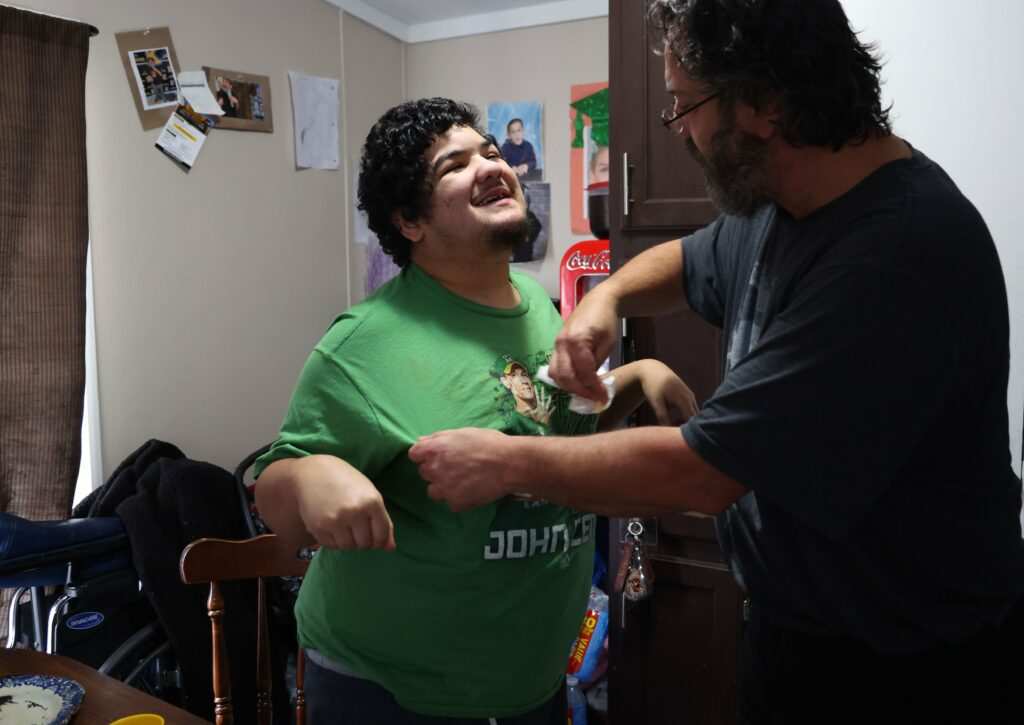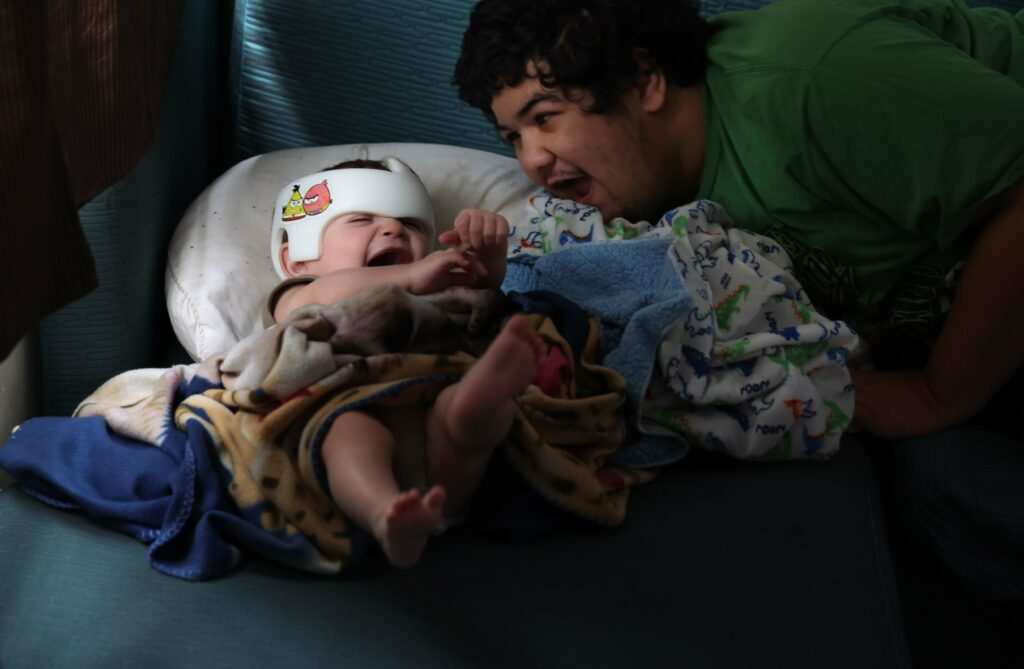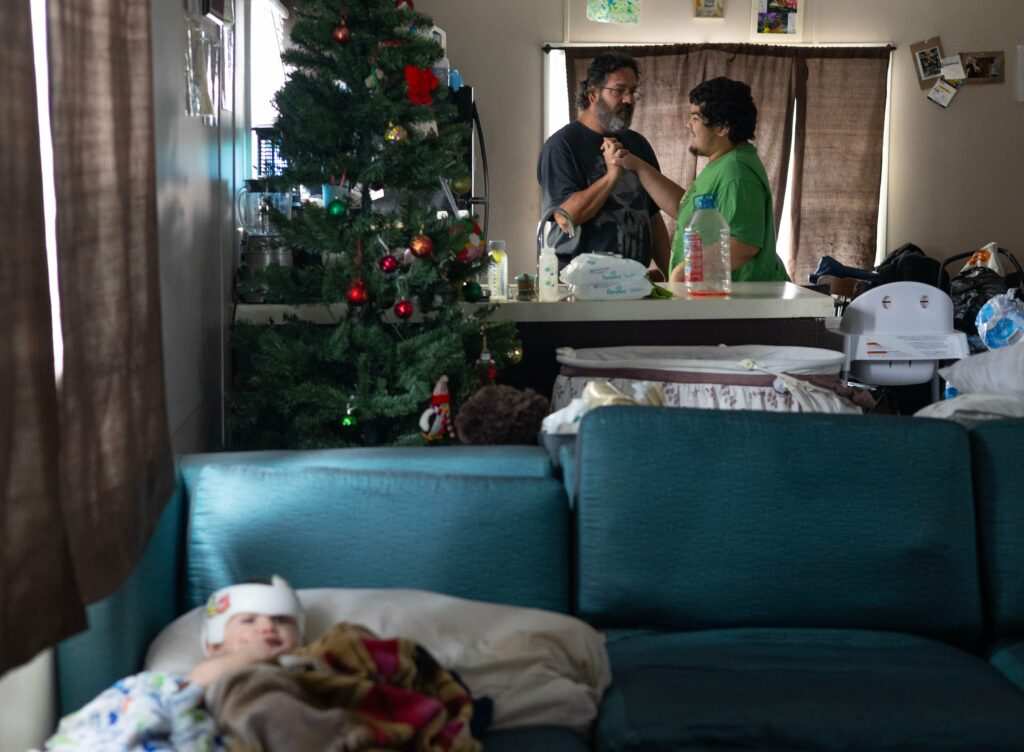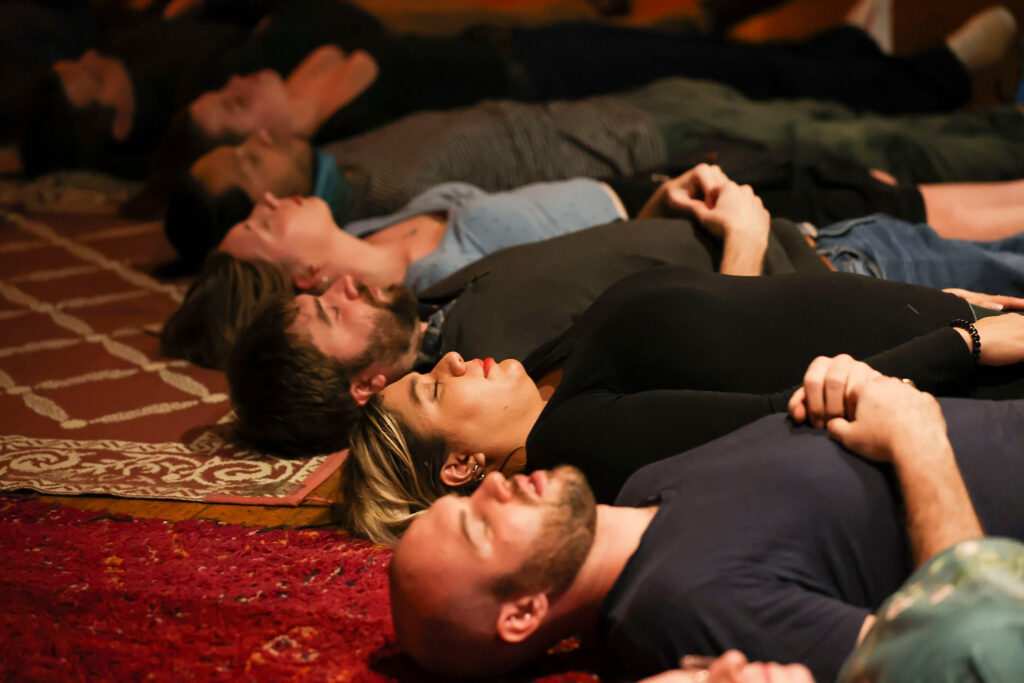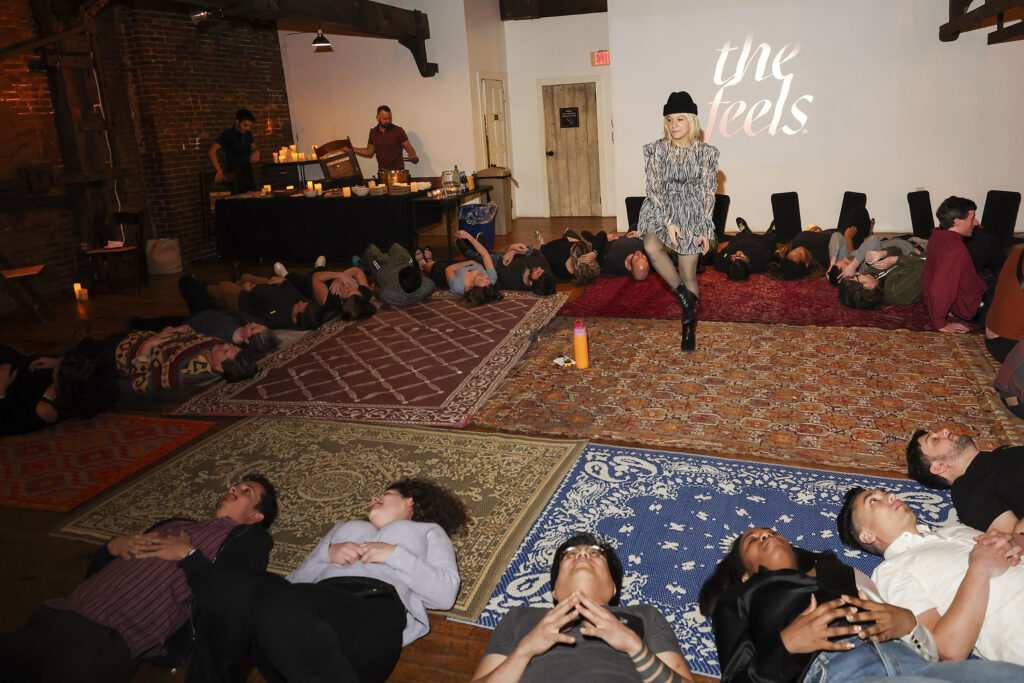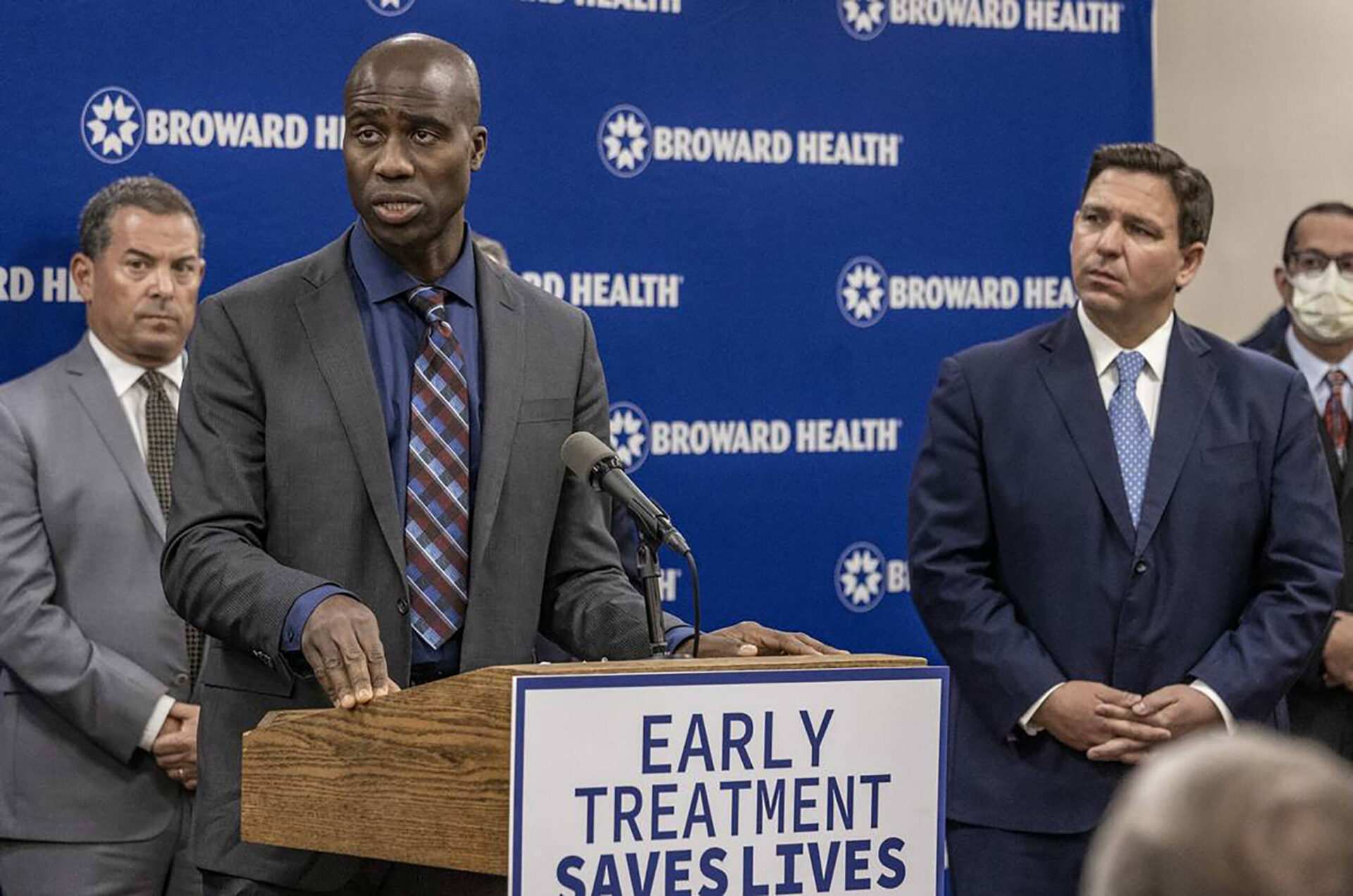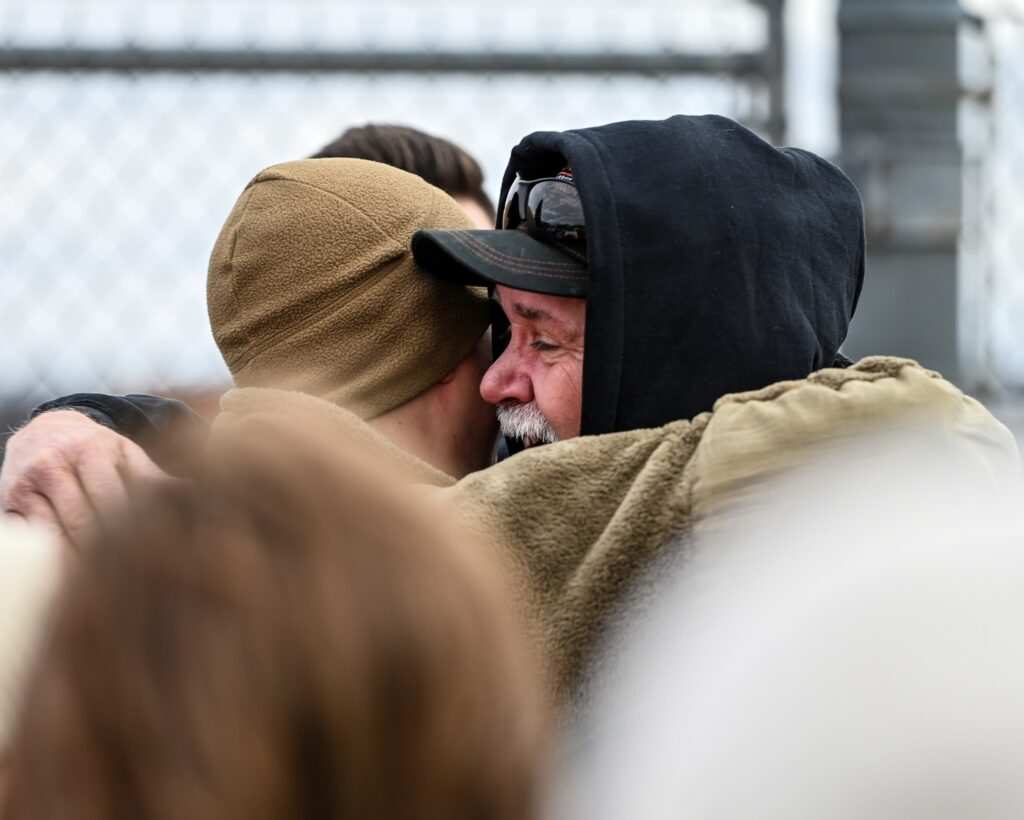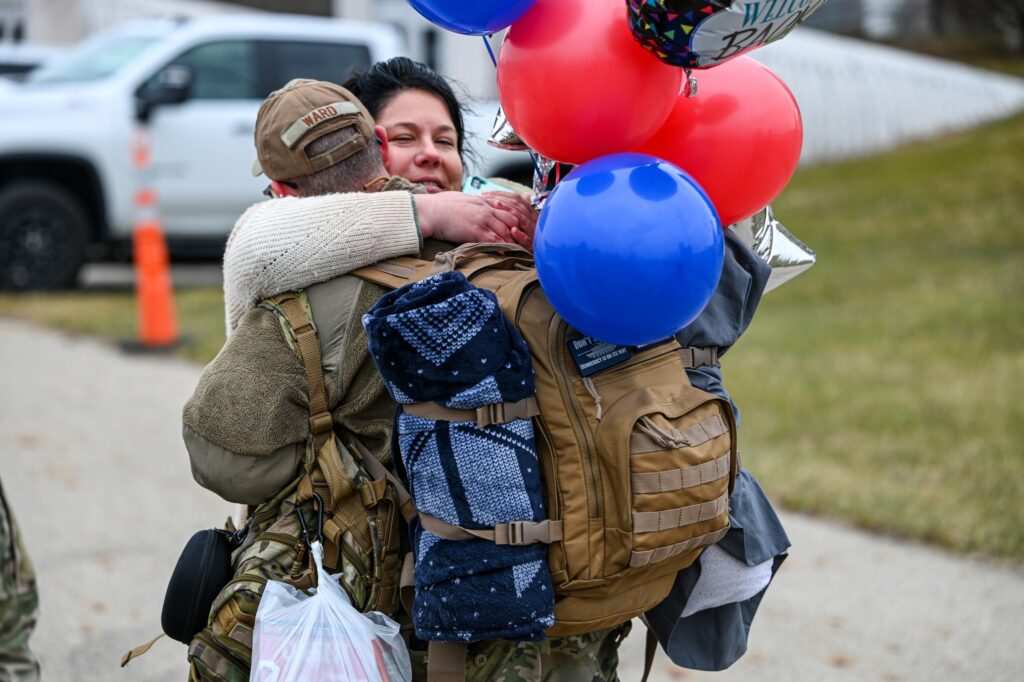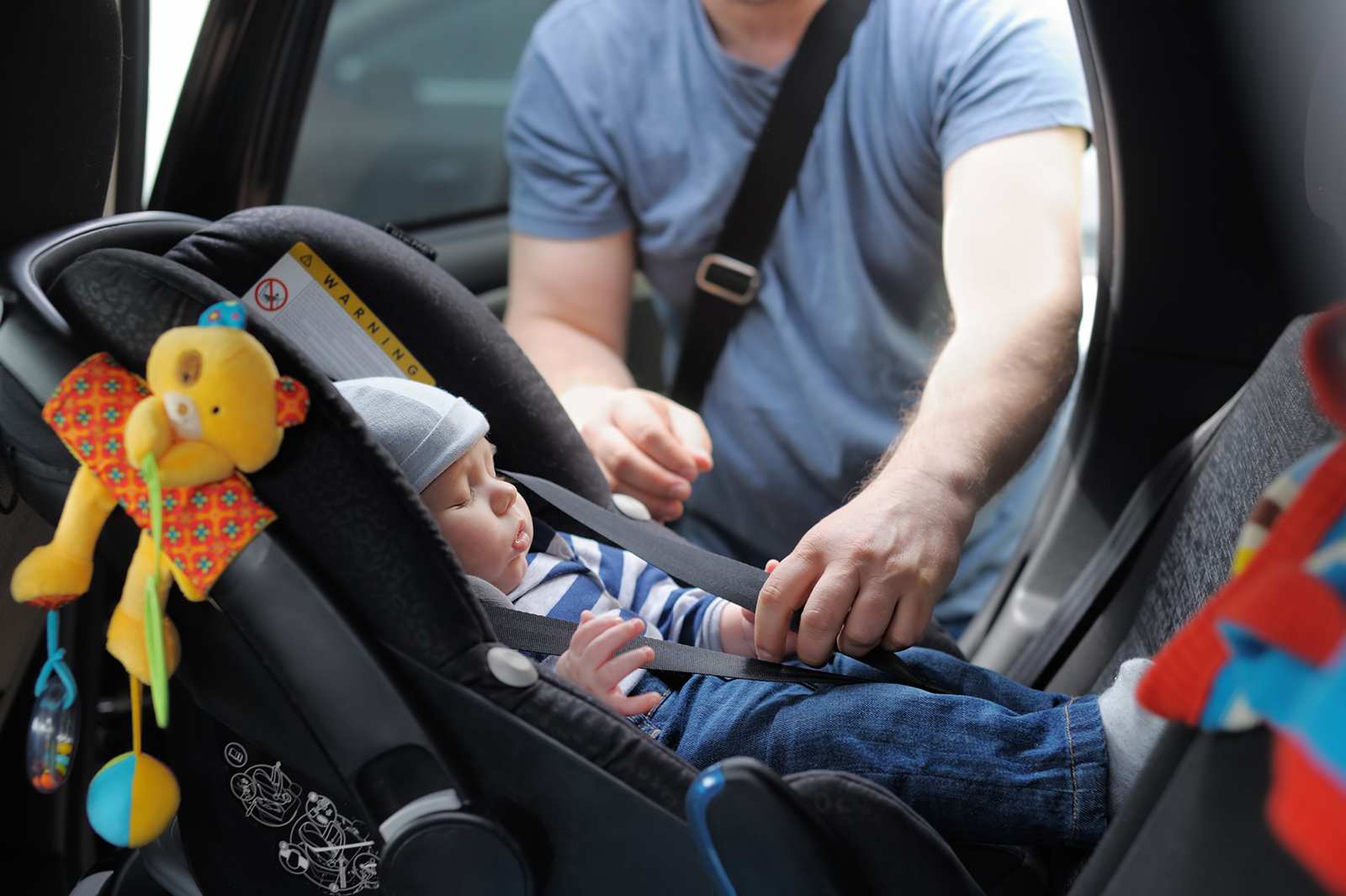
Leonard Glenn Francis, the mastermind behind the worst bribery and corruption scandal in U.S. Navy history, appeared Thursday in San Diego federal court for the first time since he left house arrest and fled the country in 2022, just weeks before he was set to be sentenced.
Known as “Fat Leonard” because of his size, Francis was not charged Thursday with any new crimes related to his escape. Federal prosecutors said they may seek new charges at some point, but not until after he’s sentenced in the bribery and fraud scheme.
Francis, once a powerful military contractor, had spent more than 15 months jailed in Venezuela, where Interpol agents captured him a few weeks after he fled house arrest in San Diego. He was extradited to Miami on Dec. 20 as part of a prisoner swap with Venezuela that freed 10 jailed Americans, Francis and 25 imprisoned Venezuelans in exchange for Alex Saab, an ally of Venezuelan president Nicolás Maduro.
Thursday’s hearing marked the first time the Malysian-born Francis was back in San Diego since his Labor Day weekend 2022 escape, and his first time back in a San Diego federal courtroom in several years.
Francis pleaded guilty in San Diego in 2015 to corruption charges related to his wide-ranging scheme to bribe Navy officials and overcharge the military for ship-servicing contracts. A gregarious presence at Navy functions and port visits across Southeast Asia, Francis would shower officers with high-end meals, luxury resort stays and the services of prostitutes so they would do his bidding inside the Navy, steering ships to ports he controlled.
But he had avoided sentencing in the case since his 2013 arrest at a downtown San Diego Bay resort, spending several years as a cooperating witness for the U.S. government in the continuing investigation and prosecution of dozens of Navy officials ensnared in his scheme.
Francis was granted pretrial release in 2018 due to his health and eventually moved into a luxurious Carmel Valley-area rental home, complete with hired staff and private security guards — paid for by him — who reportedly rarely interacted with him. On Sept. 4, 2022, he cut off his GPS ankle monitor and fled to Mexico. From there he went to Cuba, then Venezuela. Officials have said he was trying to make it from South America to Russia.
Thursday’s hearing largely centered around who will represent Francis moving forward. A few weeks after his escape, his defense attorneys informed U.S. District Judge Janis Sammartino that they would seek to withdraw their representation “based on an irreparable breakdown in the attorney-client relationship.”
Defense attorney Jeremy Warren confirmed in court Thursday that he and his partners still intended to withdraw from the case.
“We’re not in a position to advocate” for Francis, Warren told the judge, adding that he would provide further details in a sealed hearing if she needed further explanation of their reasoning. He said it was a decision made “with a heavy heart,” but that Francis is in need of counsel who are “fully able to advocate for him.”
Francis, wearing a tan jumpsuit and a white COVID face covering, spoke only two words. “No, ma’am,” he told Sammartino when she asked if he had any objections to the withdrawal of his attorneys.
Assistant U.S. Attorney Fred Sheppard objected to the withdrawal, arguing that Warren and his firm knew the case too well and had represented Francis too long to be allowed to withdraw now. He also argued that finding Francis new attorneys and getting them up to speed on the case would cause a lengthy a delay.
But Sammartino, pointing out the long history of the case, which has now stretched on for more than 10 years, indicated a delay of a few more weeks would not be an issue.
Sheppard told the judge that prosecutors are “considering additional charges” related to Francis going on the lam. But he told Sammartino that a potential new case might have to go to a different judge, since the charges could involve contempt of Sammartino’s court.
Sheppard said that because Francis was on house arrest as part of a medical furlough when he fled, prosecutors might file an “indirect contempt case” rather than a “straight escape case.”
Francis is next expected in court Feb. 8, by which time Warren said Francis should have new representation.
___
© 2024 The San Diego Union-Tribune
Distributed by Tribune Content Agency, LLC

